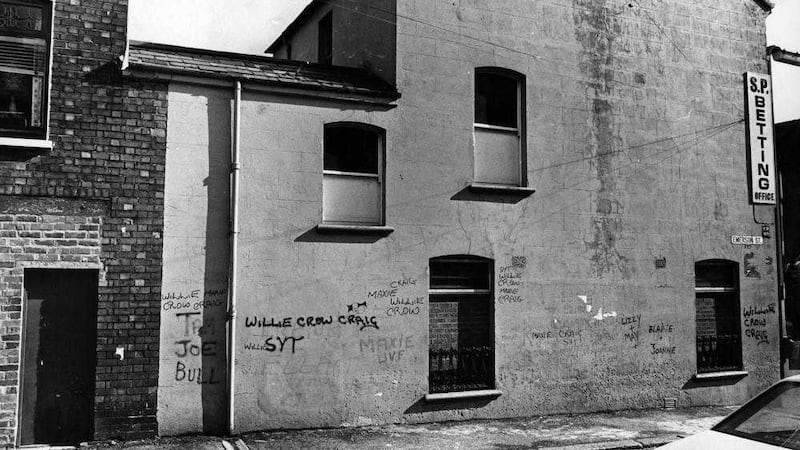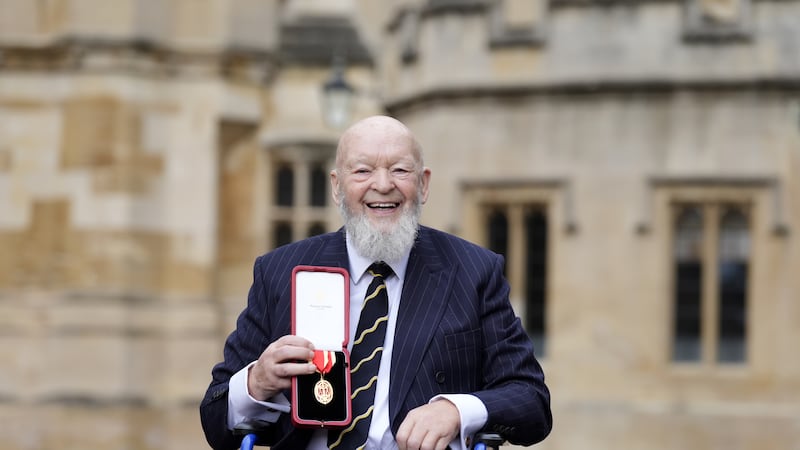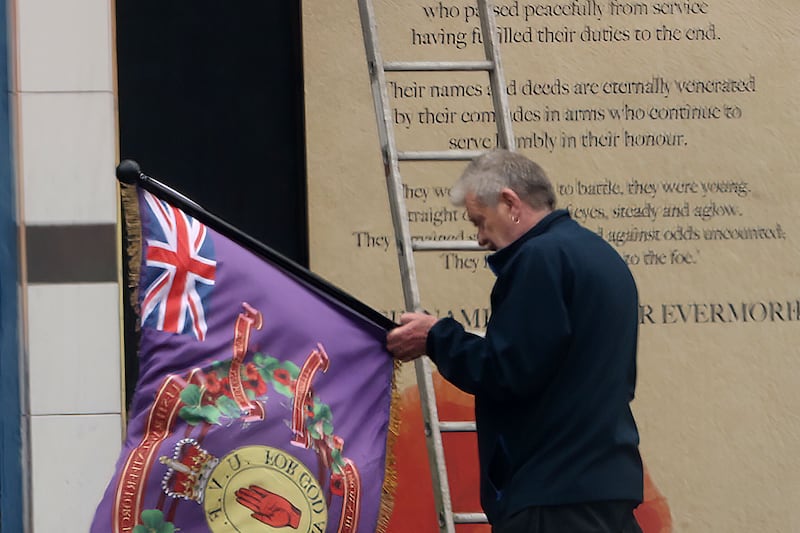AN independent investigation into alleged police misconduct surrounding the Shankill Butchers serial killers is under threat because of lack of funding.
The notoriously sadistic loyalist group from Belfast committed 19 savage murders, torturing and mutilating random innocent Catholics with butcher knives and axes before cutting their throats, during a reign of terror spanning some of the darkest days of the Troubles.
They are included in more than 160 probes into alleged police criminality or misconduct in Northern Ireland - some involving the IRA and a splinter republican group - whose futures are in question in Northern Ireland because of uncertainty over money, the Police Ombudsman confirmed.
Politicians failed to strike a deal during recent negotiations which would have seen a team of independent detectives review all unresolved conflict murders in an investigation funded by the British Government.
Ombudsman Dr Michael Maguire said: "News that the proposed Historical Investigation Unit (HIU) will not now go ahead as planned next year has put a question mark over more than 160 historical investigations on our books."
He added: "Cases potentially affected include allegations of police criminality and serious misconduct in relation to murders committed by the Shankill Butchers as well as others committed by republican organisations the IRA and INLA."
The Shankill Butchers were convicted in 1979 of 19 sectarian Belfast murders.
The gang operated out of a number of Ulster Volunteer Force (UVF) drinking dens in the Shankill Road area of Belfast. They were arrested in May 1977 after killing Catholics for several years.
At the time some in the Catholic community felt a "blind eye" was being turned and that their identities were well known. Police have previously strongly denied this.
Last month Dr Maguire wrote to many families involved in historical cases saying he planned to transfer them to the new HIU.
Following Stormont failure to reach agreement on the past he said he was now worried about when his office would have the funding to begin this work.
He warned proposed cuts to his budget may put a question mark over a further 20 historical investigations due to begin in the New Year.
"That's a total of more than 180 cases over which, at present, I can provide no level of certainty to families about when an investigation will begin."
Dr Maguire said his office would continue to investigate historical cases but any reductions in funding would undermine its capacity to deal with the volume and complexity of such cases.
Budgetary pressures forced him to reduce staffing of historical investigations by a quarter, 30 people were dealing with some 350 cases and rising.
Dr Maguire added: "A fluctuating financial position has also led to an increased turnover of experienced staff in important investigative roles.
"Further cuts would, in my opinion, place us under unreasonable pressure, given that for the foreseeable future my office will be the body required to undertake this work.
"Now is the time for some certainty about the resources which will be made available for this work in the years ahead."








